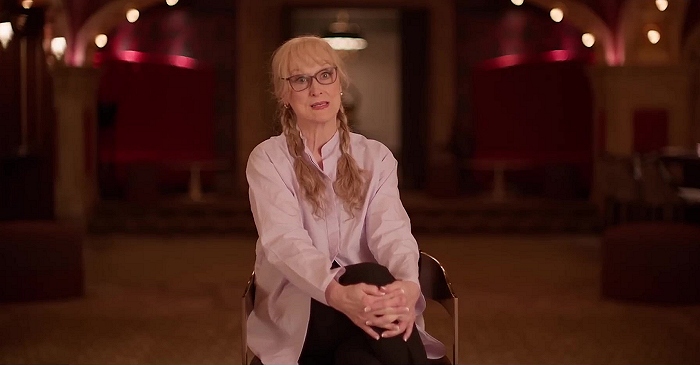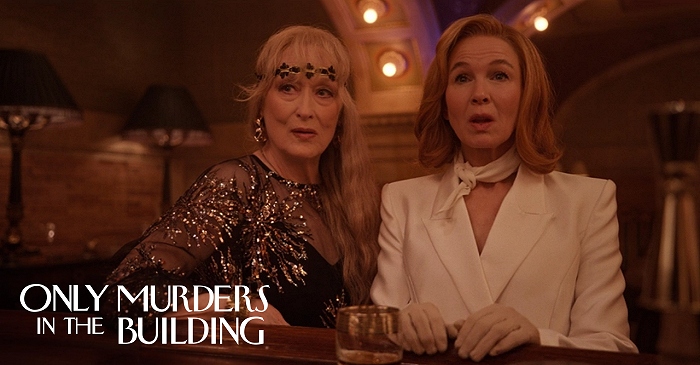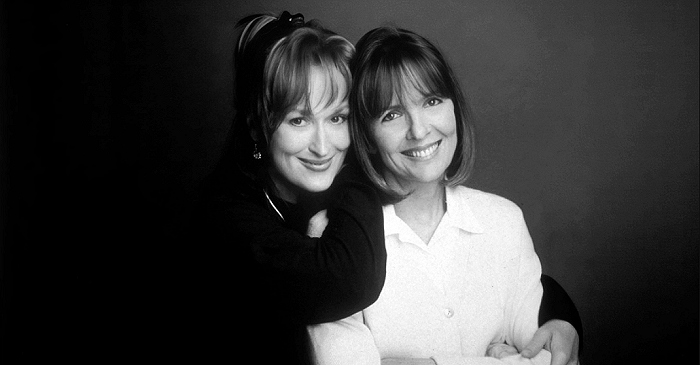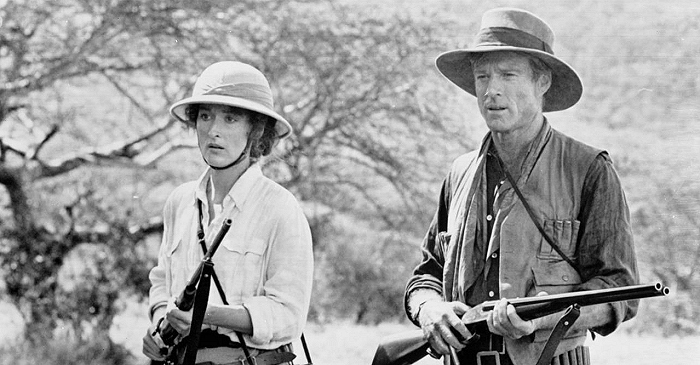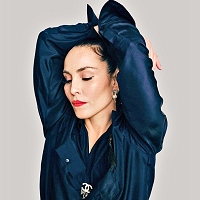|
Simply Streep is your premiere online resource on Meryl Streep's work on film, television and in the theatre - a career that has won her acclaim to be one of the world's greatest living actresses. Created in 1999, Simply Streep has built an extensive collection over the past 25 years to discover Miss Streep's body of work through thousands of photographs, articles and video clips. Enjoy your stay and check back soon.
|
Everybody Rides the Carousel
September 10, 1976
· Hubley Studios
· 73 minutes
|

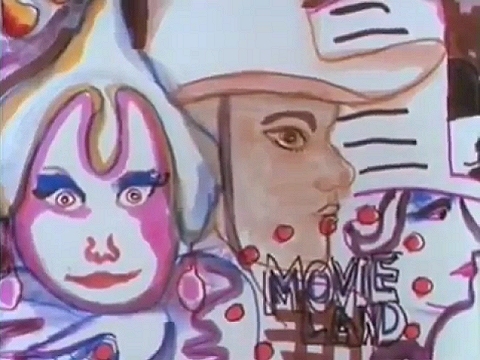
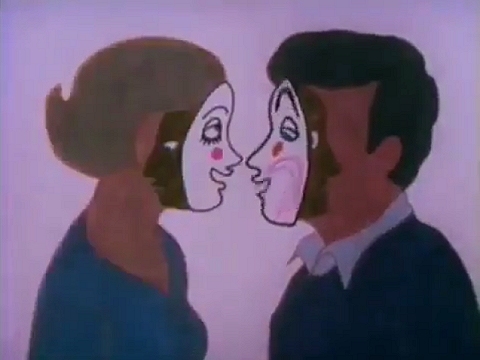

This animated special depicts, through brief vignettes, the eight stages of life defined by psychiatrist Erik H. Erikson. Animation techniques illustrate the inner conflicts of people as they journey through the various stages. The sketches depict the following stages of development: trust versus mistrust, which shows how infants gain faith in others; autonomy versus shame and doubt, which depicts how toddlers gain their independence; initiative versus guilt, which explores how children further their independence by going after what they want while battling their need to be good; competence versus inferiority, which depicts the importance of success to a school-age child; identity versus role confusion, which uses an amusement park setting to show the struggles teenagers must endure in order to find themselves; intimacy versus isolation, which depicts young adults as they face their need for and fear of commitment; generativity versus stagnation, which explores the hardships of raising children; and integrity versus despair, which depicts how two different couples deal with being old.






